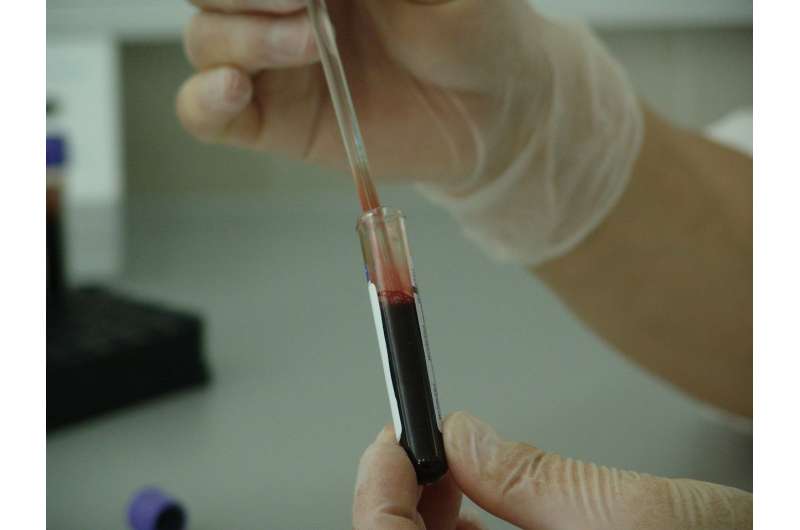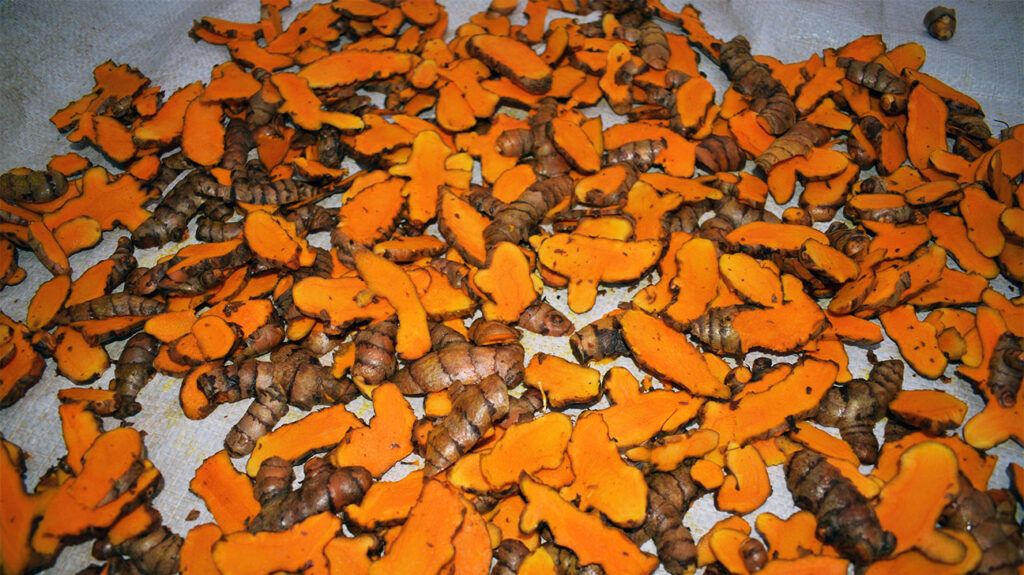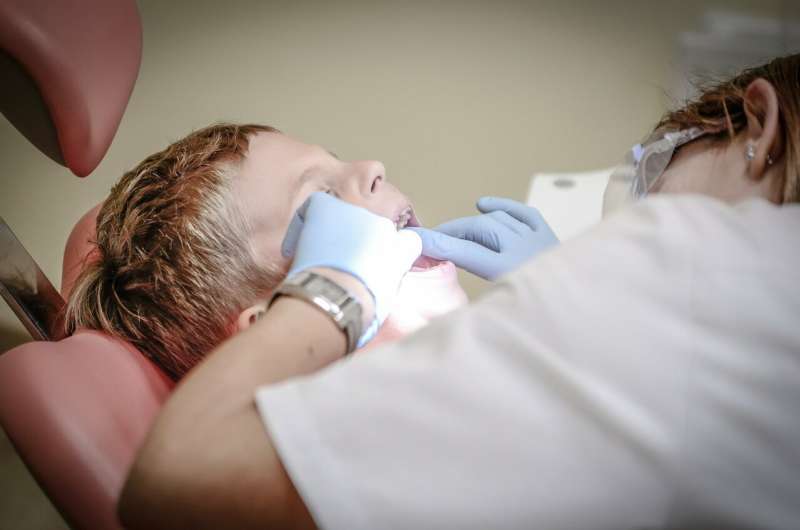New Biomarker Identified for Long COVID Patients

Researchers have identified a potential blood-based biomarker for long COVID, involving the detection of SARS-CoV-2 protein fragments within extracellular vesicles, promising improved diagnosis of this lingering condition.
Researchers from the Translational Genomics Research Institute (TGen), part of City of Hope, in collaboration with the Lundquist Institute for Biomedical Innovation at Harbor-UCLA Medical Center, have made a significant breakthrough by discovering a potential biomarker for long COVID. This finding could revolutionize the way clinicians diagnose and understand this complex condition.
Long COVID, characterized by persistent symptoms following an initial SARS-CoV-2 infection, currently relies heavily on symptom-based diagnosis. Dr. William Stringer from the Lundquist Institute highlights the challenge: "If a patient reports symptoms lasting 12 weeks or more post-infection, we usually give a presumptive diagnosis, but lack any definitive blood test or biomarker for confirmation."
The study, published in the journal Infection, revealed that fragments of the SARS-CoV-2 virus can be detected within extracellular vesicles (EVs)—tiny natural packages involved in cell communication. The research team analyzed blood samples from 14 long COVID patients over a 12-week period during an aerobic exercise trial. They identified 65 unique viral protein fragments originating from the virus’s Pp1ab protein, an enzyme crucial for viral replication. Notably, these fragments were found exclusively in the EVs of long COVID patients and were absent in pre-pandemic control samples.
This suggests that remnants of the virus may persist in the body long after the initial infection, possibly residing in tissues and contributing to ongoing symptoms. The presence of these viral peptides was inconsistent across samples, indicating a complex mechanism that warrants further investigation.
While these findings are promising, questions remain about whether these viral fragments represent ongoing viral replication or simply cellular debris. The detection of only certain viral proteins, without evidence of active replication, raises important considerations about the nature of viral persistence.
If confirmed by further research, this biomarker could serve as the first specific and measurable indicator of long COVID, providing clinicians with a valuable tool for diagnosis and management. The study emphasizes the need for ongoing investigation into how SARS-CoV-2 persists in the body and influences long-term health outcomes.
For more details, see the original study: DOI: 10.1007/s15010-025-02612-x.
Stay Updated with Mia's Feed
Get the latest health & wellness insights delivered straight to your inbox.
Related Articles
Elevated Alzheimer's Biomarker Detected in Newborns: A Closer Look at Phosphorylated Tau
New research reveals that newborns naturally have high levels of a key Alzheimer's biomarker, p-tau217, which may play a crucial role in brain development and offer insights for future Alzheimer's treatments.
Turmeric Supplements May Aid Weight Loss in Diabetes Management
Discover how turmeric and curcumin supplements may support weight loss and improve obesity measures in people with prediabetes and type 2 diabetes, backed by recent research findings.
Maple-Derived Polyphenols Show Promise in Combating Tooth Decay
New research highlights how maple-derived polyphenols, especially epicatechin gallate, can inhibit bacteria responsible for cavities, opening doors for natural dental care solutions.



